Modern Business Survival Skills: Lessons from Ninjutsu
「Ninja Company Training」
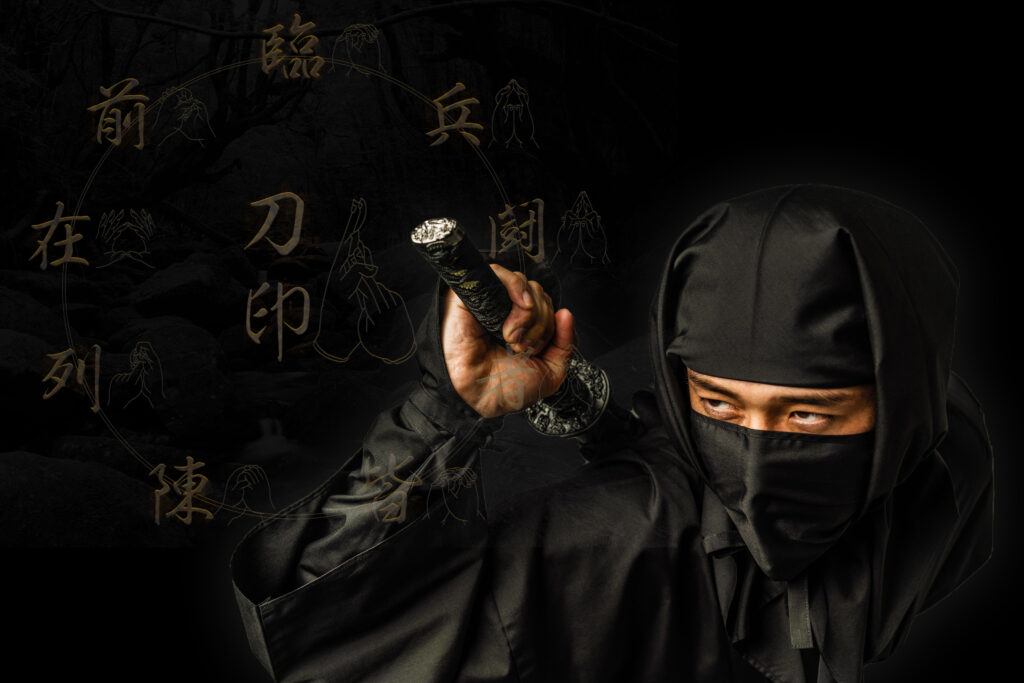
Applying the wisdom and techniques of ninja cultivated during the Warring States period to modern business. This is an innovative corporate training program that realizes organizational well-being and improved productivity.
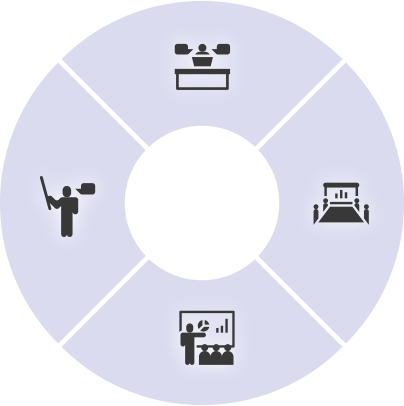
■Position-Based Curriculum and Expected Outcomes
By implementing training tailored to each position, we enhance organizational well-being and productivity across the entire company. Furthermore, by fostering a consistent mindfulness culture from management to staff, we increase psychological safety within the organization, promoting creativity and innovation.
【1】
Executive Training
Focuses on improving decision-making quality and emotional management. Learn Zen leadership and the importance of psychological safety to embody well-being management.
【2】
Manager Training
Master emotional self-management and stress management. Build trust with subordinates through mindful listening and communication.
【3】
Leader Training
Strengthen self-management skills and concentration. Develop a presence that creates positive team atmosphere and enhance member support capabilities.
【4】
Staff Training
Learn the fundamentals of improving concentration and emotional control. Enhance stress-coping abilities through breathing techniques and thought organization methods that can be practiced daily.
Position-Based Training Examples
EXECUTIVE
〇 Target: CEOs, Directors, Business Leaders
〇 Purpose: Improving decision-making quality, emotional management, embodying well-being management
- The relationship between management and mindfulness
- Mind-centering exercises before decision-making
- Daily centering practices: breathing and meditation experiences
- The importance of “psychological safety” in organizational culture
- Zen leadership and historical success stories (great leaders)
- Deep decision-making born from quiet moments
- Applying mindfulness to management
- Cultivating resilience to change
- Becoming a leader who isn’t swayed by emotions
- The “centering power” to escape busyness
- Leadership presence that provides reassurance to others
- Centering yourself to bring out the best in people
MANAGER
〇 Target: Department heads, Section chiefs, Middle management
〇 Purpose: Emotional self-management, building trust with subordinates, stress management
- Methods to maintain mental composure amid busyness (breathing and mindfulness experiences)
- Understanding emotions and coping strategies (anger, anxiety, impatience)
- Mindful listening and communication
- Management with mental composure
- How to handle emotions without irritation
- Methods to enhance concentration in meetings
- Leader habits that stabilize teams
- Techniques to stay grounded even when busy
- Daily centering practices for stress resilience
- Mindfulness to harmonize workplace atmosphere
- Developing awareness to notice changes around you
TEAM LEADER
〇 Target: Team leaders, Project leaders
〇 Purpose: Strengthening self-management skills, improving concentration, enhancing team support capabilities
- Building habits to notice your own state
- Breathing techniques to handle mistakes and conflicts
- “Leader presence” that harmonizes team atmosphere
- Support for establishing simple meditation habits
- “Mental stability” essential for leaders
- Centering yourself before motivating others
- Cultivating a mind that doesn’t waver over small things
- Habits that improve team atmosphere
- Methods to effectively control emotions
- Tips for maintaining composure even when busy
- Developing the ability to observe surroundings well
- Methods to reset anxiety and impatience
STAFF
〇 Target: Young employees, General staff, New hires
〇 Purpose: Improving concentration, stress management, promoting self-understanding
- 1-minute breathing training to shift mindset
- Thought organization to avoid being overwhelmed by emotions
- Daily self-care habits
- Mental habits for peaceful daily living
- Breathing techniques to ease tension and anxiety
- Mental centering to avoid irritation
- Tips for work concentration
- Thinking patterns to avoid excessive comparison with others
- Methods to avoid excessive disappointment from failures
- Simple ways to shift your mindset
- Building the ability to work at your own pace
- Tips for reducing relationship stress
- Maintaining a positive mindset
Ninja Experience Program
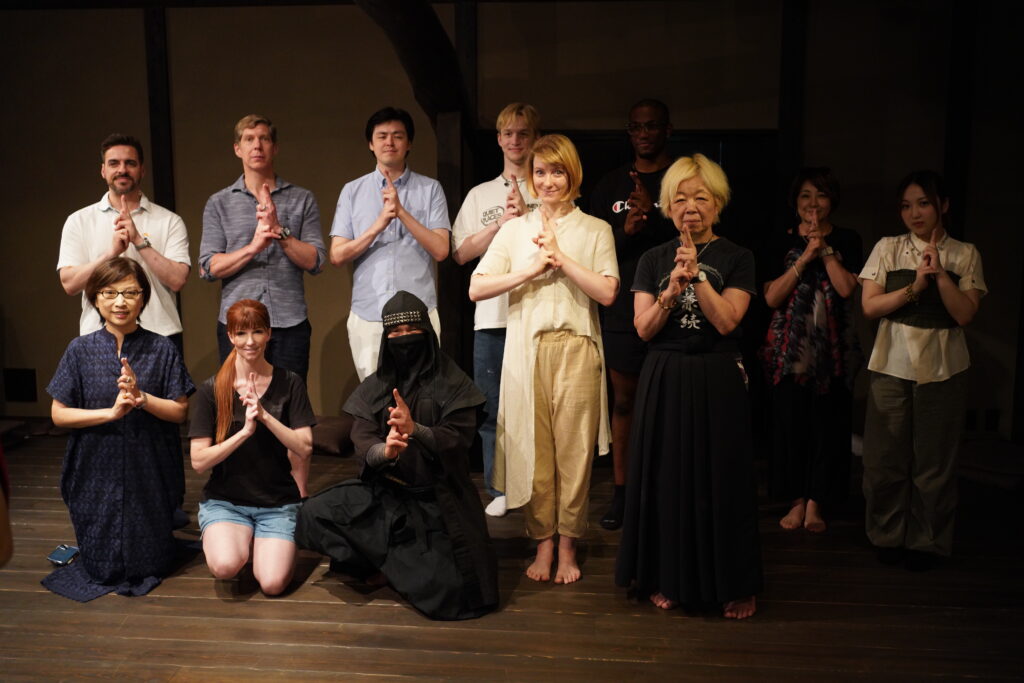
During the Warring States period when ninja were most active, they infiltrated enemy territories using ninjutsu techniques, primarily engaging in intelligence activities centered around Koga and Iga regions. Ninjutsu was not merely combat techniques, but comprehensive life skills—essentially “the art of survival.” While often perceived as magical, its essence was theoretical, relatively easy to master, and highly practical. In this training, participants will learn the ninja behavioral principle of “remaining inconspicuous and avoiding conflict with others” and acquire “ninjutsu” techniques adapted from this philosophy as concrete skills applicable in business settings.
Ninja Training
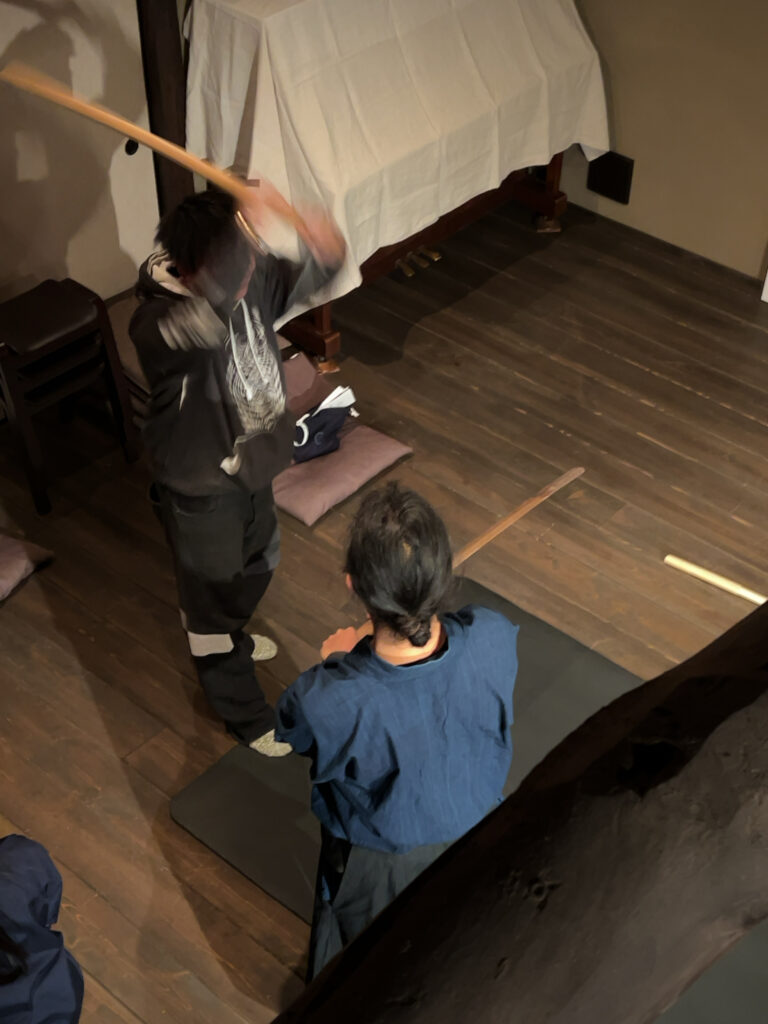
Ninja lived as farmers in their villages while constantly training their minds and bodies in preparation for missions. They would rise at dawn, exercise through farm work, dedicate afternoons to martial arts and ninjutsu training, and engage in mental concentration and sleep training at night. Their training ranged from basic movements like walking techniques and breathing methods to practical exercises running through mountains and fields, sharpening all five senses and cultivating the ability to respond to any situation. In this training program, participants will acquire these physical abilities and mental strength that ninja developed through experiential learning and apply them to modern business.
Ninja Tools
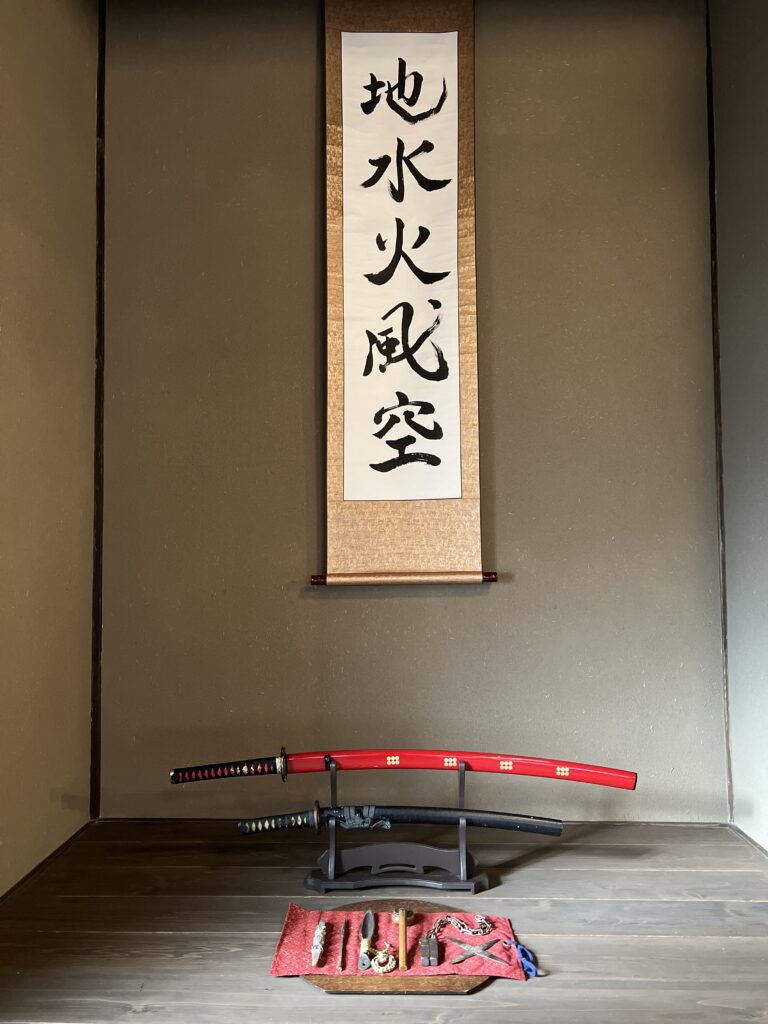
Ninja used various tools depending on their missions. Shuriken served as weapons to distract enemies, while ninja attire and camouflage cloaks were used for concealment. Behind these tools lay the philosophy of “winning without fighting,” as ninja accomplished their missions not only through force but also by utilizing strategy and intelligence-gathering capabilities. In this training program, participants will learn the philosophy behind the tools and tactics ninja employed and apply them to modern business.
Team Building-Focused Workshop
(Tentative)
※This is a reference example. We will propose customized programs tailored to each company’s specific objectives.
① Infiltrating the Enemy Castle

- Form hand seals, regulate breathing, achieve mental focus, and prepare for the mission
- Hold your breath to avoid detection by enemies
- Unite mind and body through stealthy footwork
- Focus on your body’s central axis and maintain fluid movements
② Infiltrating Enemy Territory

- Approach the enemy from behind and strike with a wooden sword
- The enemy pretends not to notice and stops the timing of being struck by the wooden sword
- Both parties practice reading the atmosphere (killing intent) between them
〈 What We Aim to Achieve Through Ninja Corporate Training 〉
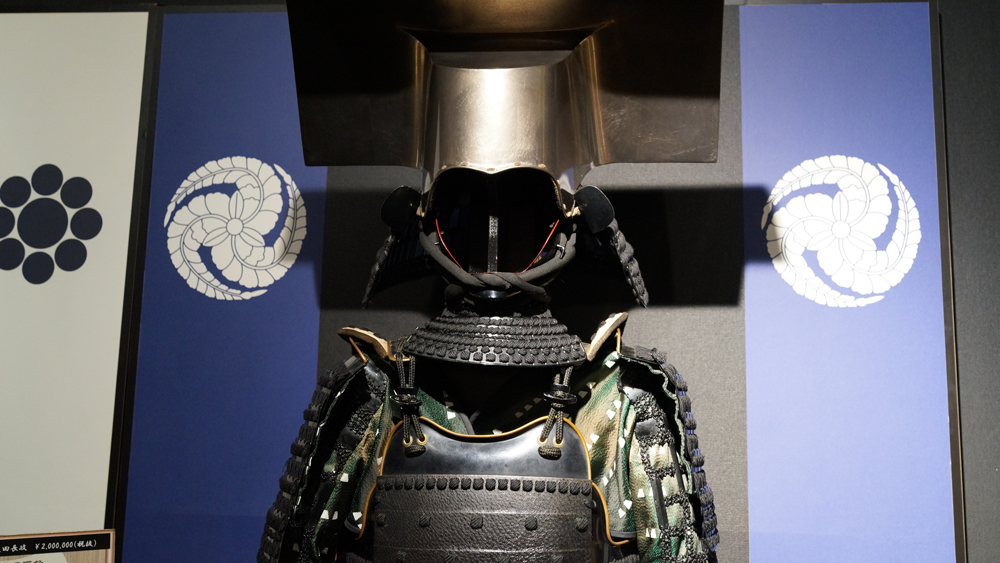


Teams set objectives and use tools that simulate ninja equipment and skills to infiltrate enemy territory and complete missions. This enhances participants’ problem-solving abilities, communication skills, and teamwork.
〈 How Ancient Ninja Wisdom Benefits Modern
Business Professionals 〉

This connects to communication in modern business including Win-Win relationship building and competitive strategy. “Adaptability to change,” “Information gathering ability,” “Situational analysis skills,” “Self-management capability,” and “Teamwork.”
〈 What You Will Gain from the Training Program 〉
① Skills Connecting Training Content to Modern Business

【 Examples 】
Walking techniques → Situational awareness, Stealth movement → Risk management, Breathing methods & Mental focus → Improved concentration & Stress management
② Mindset and Skills Learned from Weapons and Tactics

【 Examples 】
Shuriken → Information transmission, Disruption tactics → Negotiation skills, Camouflage → Branding
〈 Contact Us Here 〉
※English interpreters are also available, making this program suitable for "Japanese traditional culture experience hospitality for international guests."
※Customized plans are available for each company based on individual consultations and requirements.
